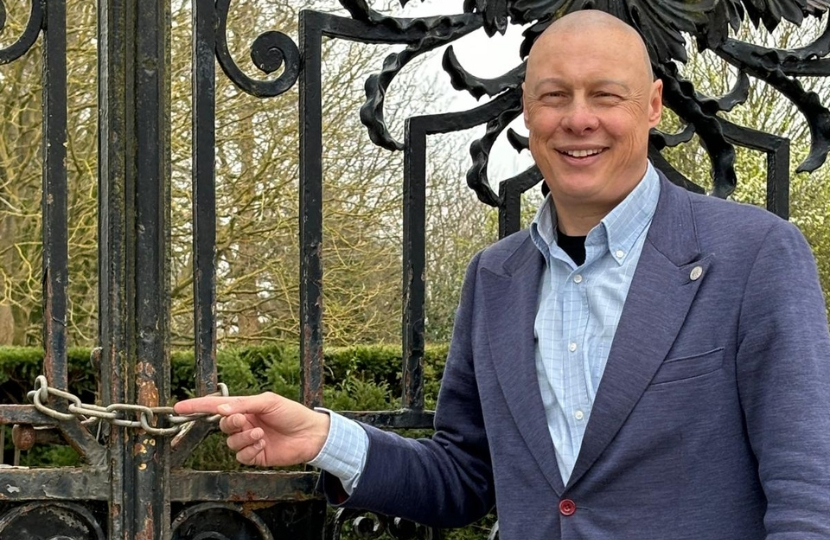
In a spirited bid to champion public access to one of Britain's cherished historical landscapes, Conservative parliamentary candidates John Cope and Jonathan Hulley have united in a notable campaign. Their goal is to restore free public access to Hampton Court Palace Gardens, an initiative reflecting a broader conversation about heritage, community, and the importance of public spaces.
Historic Context and the Impact of COVID-19 Measures
Hampton Court Palace Gardens, known for their historical significance and natural beauty, were freely accessible until the onset of the COVID-19 pandemic. During this period, Historic Royal Palaces (HRP), the charity managing the site, introduced ticketing measures aimed at controlling foot traffic and offsetting financial strains caused by the lockdowns. However, what was initially a temporary solution has persisted, prompting concerns from local communities and political figures alike.
A Unified Campaign
Jonathan Hulley (Twickenham) and Cllr John Cope (Esher & Walton) have been at the forefront of this campaign, which seeks to engage the Secretary of State for Culture, Lucy Frazer MP, to reverse these ticketing protocols. Their effort is not only about restoring free access but is also a tribute to the late Patrick Wylde, a local Conservative council candidate whose earlier campaign against the charges gained substantial public support, nearly reaching 10,000 signatures.
The Case for Accessibility
The candidates argue that with the pandemic now in the rear-view mirror and HRP reporting a financial surplus, the time has come to lift these charges. They cite a 2003 directive from the Attorney General, which stipulates that access to such gardens should remain reasonably priced to prevent exclusion based on financial constraints. Their concerns resonate with many local families for whom the current ticket prices—£30 for adults and £15 for children over five during weekends—place a strain on their ability to enjoy this historic site.
HRP's Defence and Community Initiatives
In response, HRP has defended its pricing strategy by highlighting the need to maintain the palace and its gardens without relying on taxpayer money. They point out that a significant portion of the estate, including the expansive 700-acre Home Park, remains free to the public. Furthermore, HRP has initiated several programmes aimed at increasing accessibility, such as offering £1 tickets to individuals on certain benefits and expanding their Community Access Scheme.
Looking Ahead
As the campaign gains momentum, its alignment with HRP's annual Tulip Festival—an event that draws considerable attention to the gardens—could not be more timely. The festival, which celebrates the blooming of over 100,000 tulips, represents a poignant backdrop to a debate centred on access and public enjoyment.
The collaboration between John Cope and Jonathan Hulley exemplifies a dynamic political response to a cultural and social issue that touches the heart of the community. As the dialogue continues, all eyes will be on HRP's next steps and the potential for a return to free access, in line with the historic precedent set by Queen Victoria in 1838. This campaign not only highlights the ongoing relevance of public historical sites but also the democratic spirit that insists on their accessibility for all.
Sign the ePetition
You can sign the petition to show your support for this campaign here.



